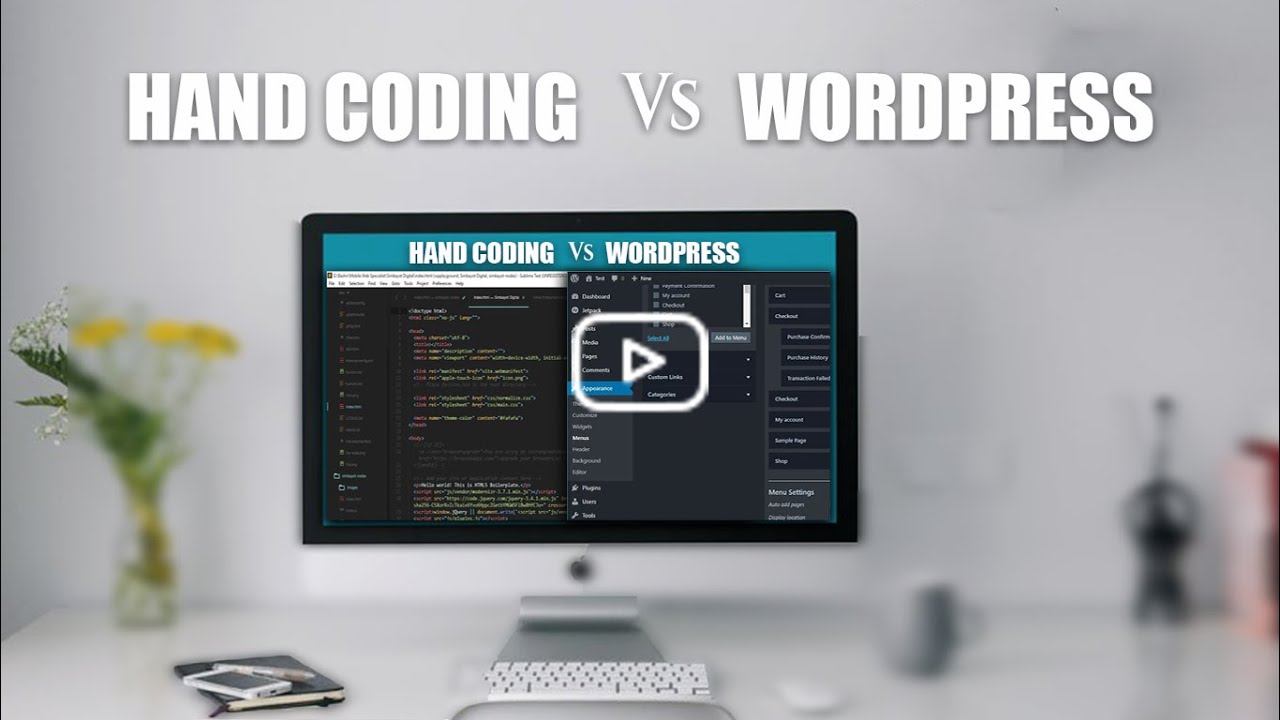
8 benefits of a website for small businesses
A professional website can benefit a small business in several ways. Some key reasons why small businesses need a website include::
- Improved Business Credibility: A professionally made website demonstrates that a business is serious about its operations, enhancing its credibility and trustworthiness.
- Always Available: A website ensures that customers can find the business anytime, anywhere, even outside of regular business hours, thus enabling the continuous acquisition of new customers.
- Wider Audience Reach: Websites provide 24/7 accessibility, allowing businesses to reach a broader audience and making it easier for potential customers to learn about what you offer.
- Brand Visibility and Recognition: A website helps in building brand visibility and recognition, making the business appear more professional and ready to engage with a wider customer base.
- Improved SEO Rankings: Having a website can contribute to improved search engine optimization (SEO) rankings, making it easier for potential customers to find the business online.
- Cost-Effective Marketing: Website gives you a space to share what your business is about, establish your role in the industry and stand out from competitors. It can save money on printing, making them a cost-effective marketing tool for small businesses.
- Providing useful information: Website can serve as a valuable source of information for customers, helping them make informed decisions about your products or services.
- Customer Engagement and Communication: Website allows for easy online promotion, development of mailing lists and two-way communication with prospects and clients, thus enhancing customer engagement and convenience.
In summary, a professional website can benefit a small business by improving its credibility, expanding its reach, enhancing brand visibility and providing cost-effective marketing, customer engagement and communication opportunities.


